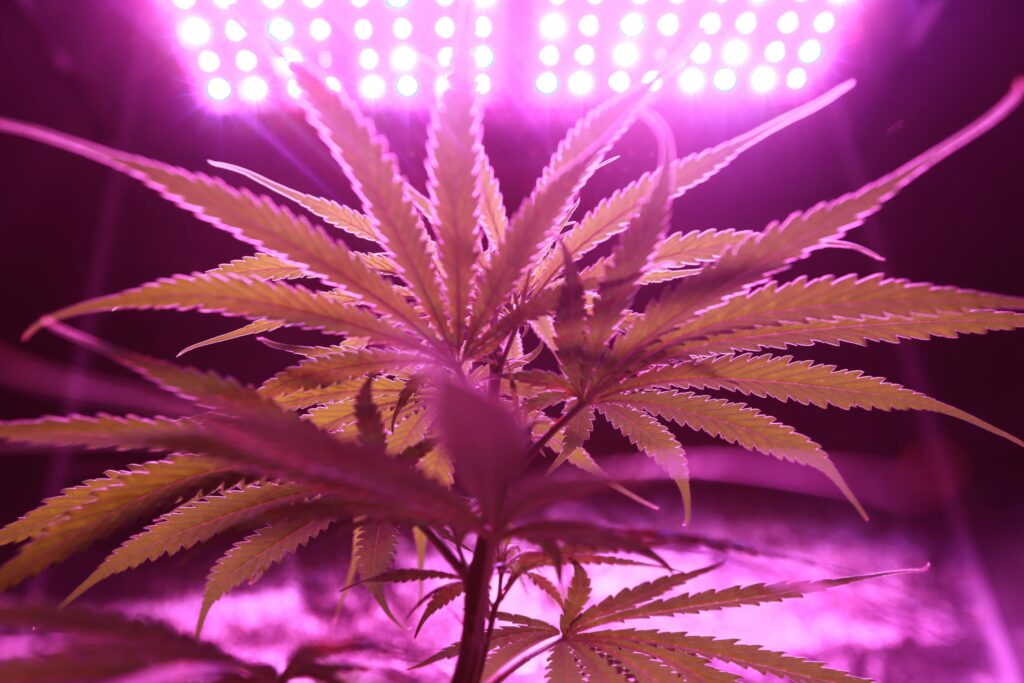Is Weed a Depressant or Stimulant?
Understanding Marijuana’s Effects on the Brain and Body
Marijuana, also known as cannabis or weed, is a complex plant that affects brain activity and physical functions. The active ingredient in marijuana, tetrahydrocannabinol (THC), interacts with brain receptors, influencing sensory perception, time perception, and emotional responses. Whether marijuana acts as a depressant, stimulant, or hallucinogenic drug depends on several factors, including the dosage, method of consumption, and the individual’s body chemistry.
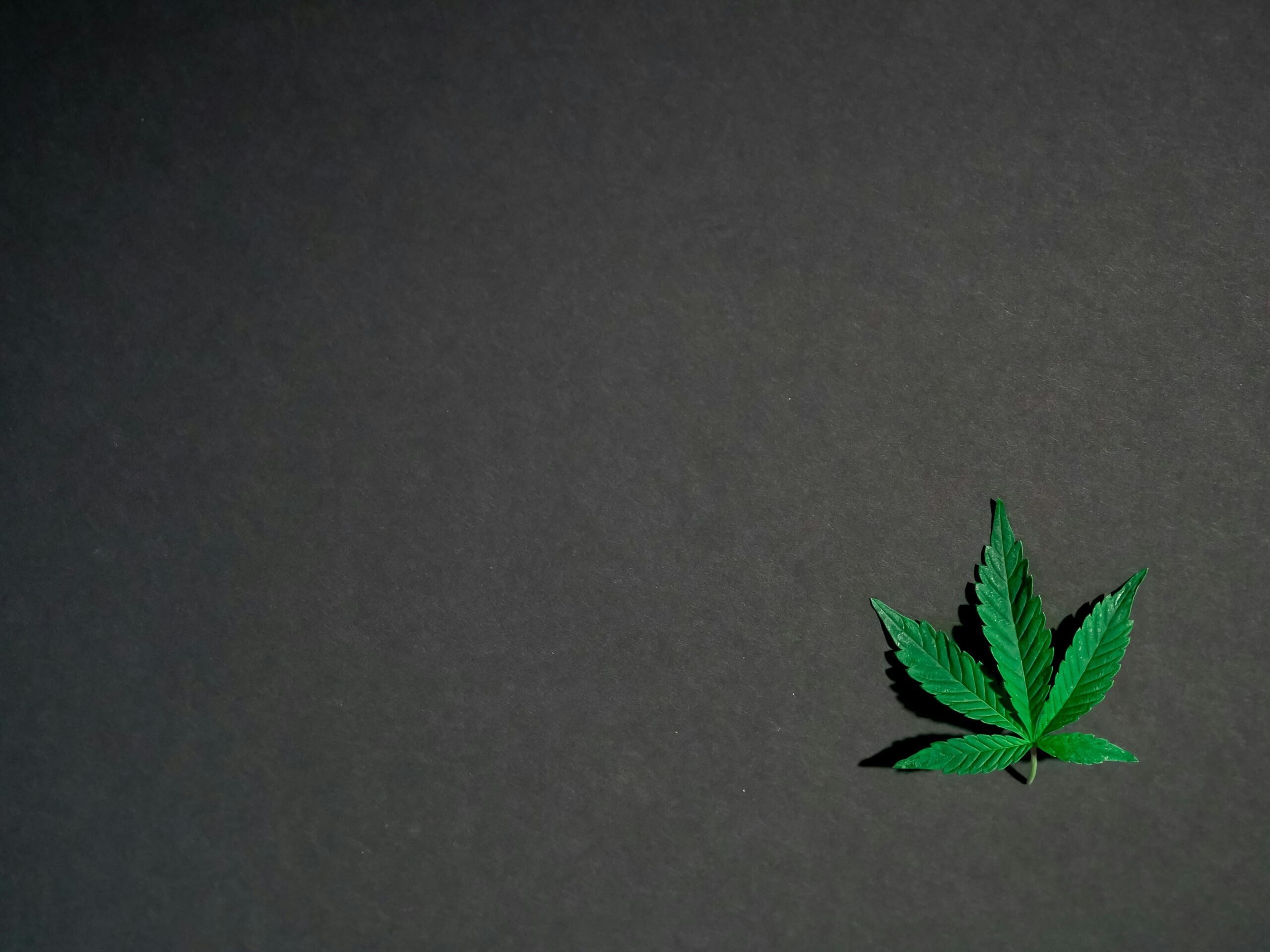
Classifications of Drugs: Where Does Marijuana Fit?
Drugs are typically classified into categories such as depressant drugs, stimulant drugs, and hallucinogenic drugs. Marijuana fits into multiple classifications due to its psychoactive effects. It can cause calming effects similar to depressants, energizing stimulant effects, or hallucinogenic effects that alter sensory perception and create false perceptions.
How Marijuana Acts as a Depressant
Weed produces sedative effects that can relax muscles, slow reaction time, and reduce blood pressure. These depressant effects may also lead to physical symptoms such as slurred speech, muscle relaxation, and a euphoric feeling. Like other common depressants, marijuana can impair cognitive functions and cause memory loss.
Stimulant Effects of Marijuana
In some cases, marijuana acts as a stimulant by increasing heart rate, causing an energy boost, or inducing rapid breathing. These stimulant effects are often short-lived but can elevate energy levels temporarily. Doses of marijuana may enhance brain activity, contributing to a heightened sense of alertness.
Hallucinogenic Properties of Weed
Marijuana can also produce hallucinogenic effects, especially in higher doses or potent forms. These effects of marijuana make users experience altered sensory perception, auditory hallucinations, and a distorted sense of time. Such effects classify it alongside other hallucinogenic drugs like psychedelics.
Initial Effects vs. Long-Term Use
The initial effects of marijuana include pleasant euphoria, relaxation, and altered sense of time. Long-term use, however, can result in negative effects such as chronic cough, memory loss, and impaired motor skills. Marijuana use disorder and other mental health conditions may develop with prolonged use.
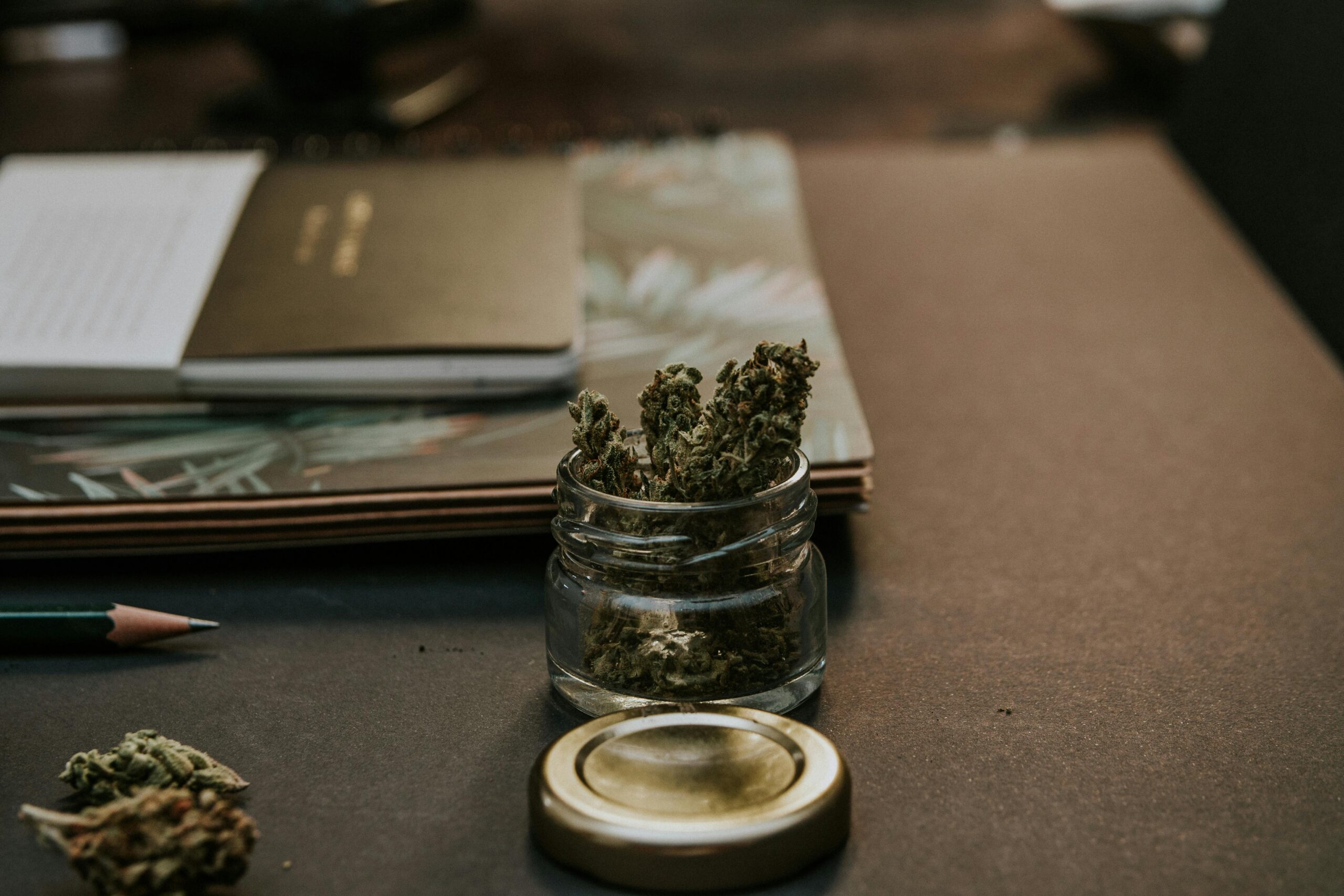
Effects on Mental Health
The psychological effects of marijuana include anxiety, depressive symptoms, and psychotic symptoms. For individuals with a history of psychosis or mental health disorders, the influence of marijuana can worsen symptoms over time. Sudden psychosis and adverse effects may occur in sensitive users.
Physical Effects of Marijuana
Marijuana affects blood flow, heart rate, and breathing rate. It may cause elevated blood pressure or a calming decrease in blood pressure, depending on the individual and dosage. Other physical effects include muscle tension, physical discomfort, and a sense of relaxation.
Adverse Effects and Withdrawal Symptoms
Marijuana users may experience withdrawal symptoms when discontinuing use, including irritability, anxiety, and physical discomfort. Long-term users may face adverse effects such as defective motor skills, poor judgment, and a weakened sense of personal identity.
Medical Marijuana and Mental Health Treatment
Medical marijuana is prescribed for conditions like chronic pain, muscle spasms, and debilitating conditions. It may also assist in mental health treatment for anxiety and depression when used under medical supervision. However, misuse can lead to marijuana addiction and exacerbate mental health disorders.
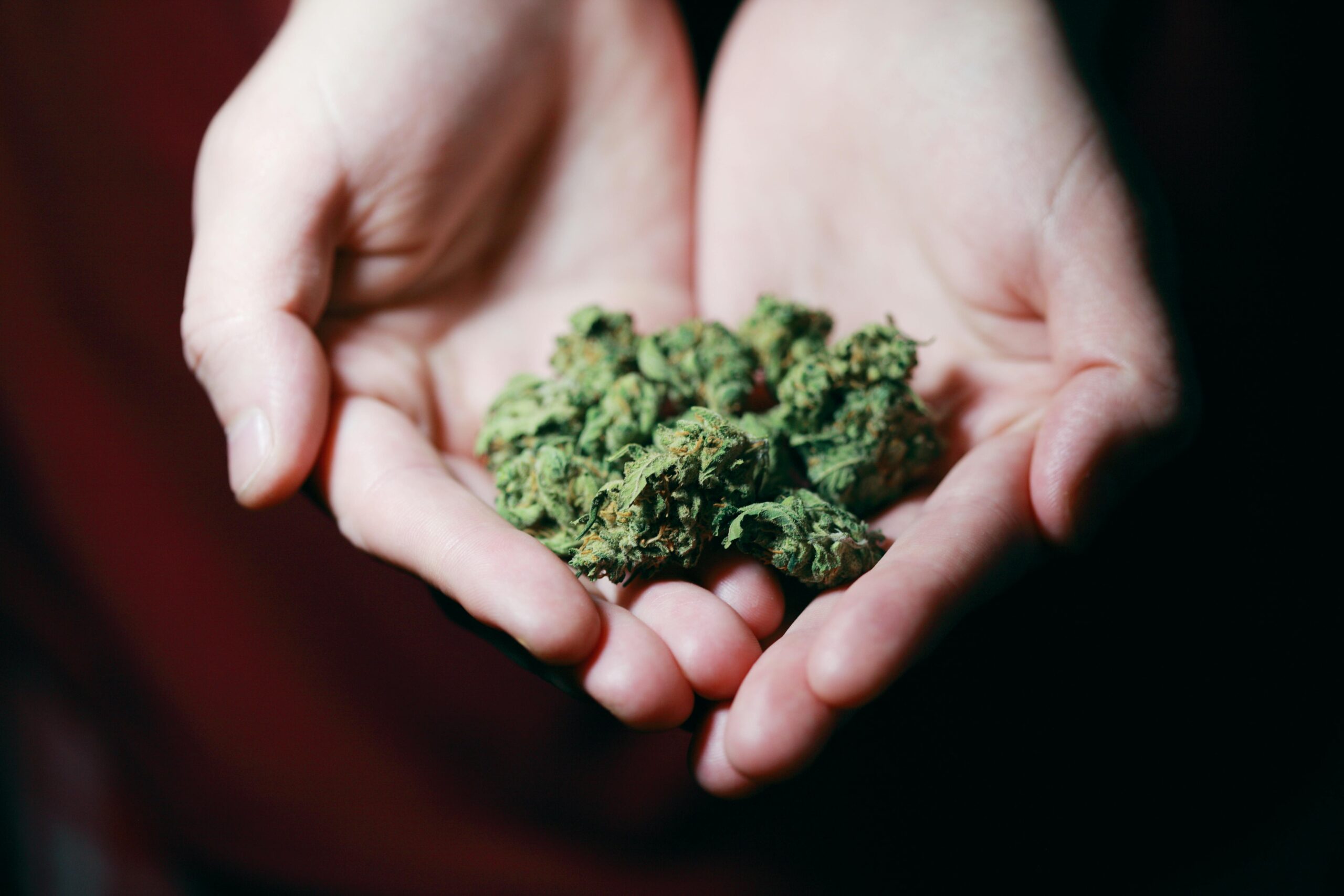
Marijuana Use Disorder and Treatment Options
Marijuana use disorder is a form of addiction characterized by an inability to control marijuana use. Evidence-based treatment options include motivational enhancement therapy, online therapy, and support from mental health advocates. The National Institute on Drug Abuse emphasizes the importance of addressing substance use disorders early.
Effects of Weed on Cognitive Functions
Marijuana impacts cognitive functions, leading to impaired memory, short-term memory loss, and slowed reaction times. These effects of cannabis can hinder cognitive tests and daily functioning.
Legal Status and Perception of Marijuana
The legal status of marijuana varies by region. Recreational marijuana and medical cannabis are becoming increasingly accepted, but illicit substances and improper use remain concerns. Public awareness of its properties and adverse side effects is crucial.
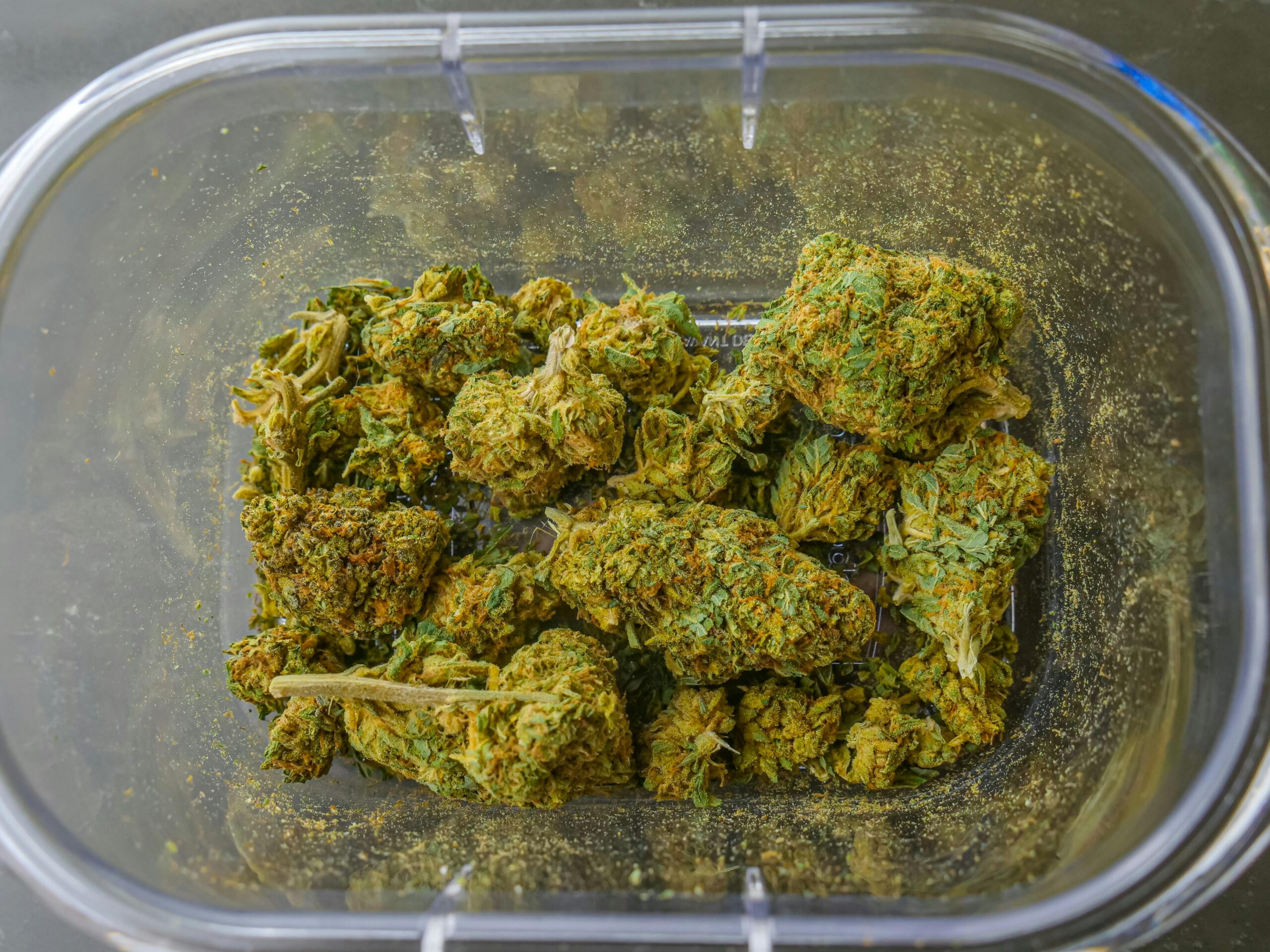
Frequently Asked Questions
1. Is marijuana a depressant or stimulant?
Marijuana exhibits both depressant and stimulant effects, depending on the dosage and individual reaction. It also has hallucinogenic properties.
2. What are the physical effects of marijuana?
Marijuana affects heart rate, blood pressure, muscle relaxation, and breathing rate. It can cause slurred speech, impaired motor skills, and chronic cough.
3. Can marijuana worsen mental health conditions?
Yes, marijuana can exacerbate anxiety, depression, and psychotic disorders. It may lead to sudden psychosis in some individuals.
4. What is marijuana use disorder?
Marijuana use disorder is a form of addiction where users struggle to control their marijuana consumption despite negative effects.
5. Is medical marijuana safe for mental health treatment?
Medical marijuana can help with anxiety and chronic pain under professional guidance. Misuse or self-medication can lead to adverse side effects and addiction. Visit SAMHSA or contact us today for more information.

